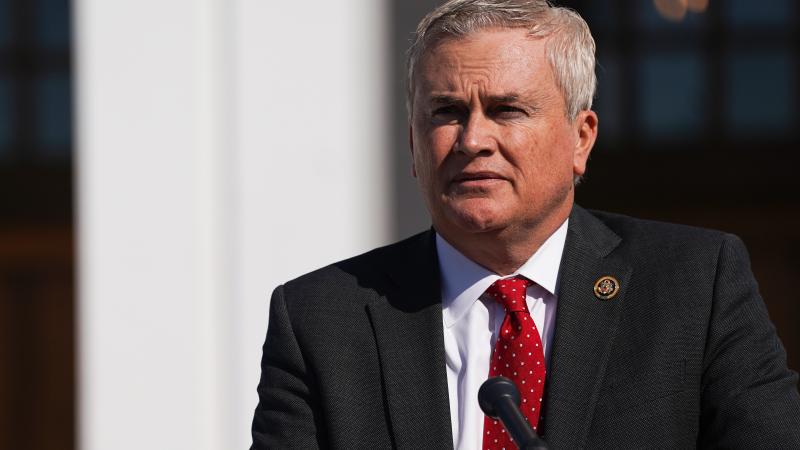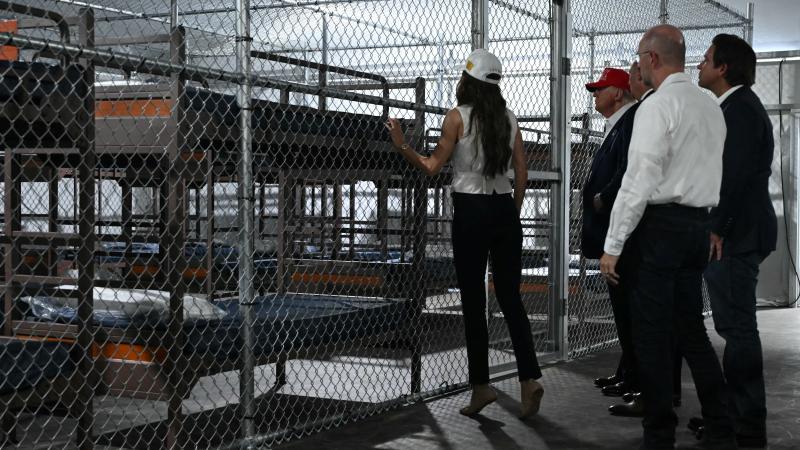Cuba says it's near producing its own coronavirus vaccine, with final tests in weeks
The largely impoverished island nation has long touted its pharmaceutical sector and advanced public health program.
Despite bread shortages, hours-long waits for citizens to buy home goods, and pharmacies that have run out of basic medications, the Cuban government now says it is on the verge of mass producing a coronavirus vaccine that was developed on the island.
Cuban scientists have developed four vaccine candidates, one of which will enter a final testing phase in March. An effective vaccine may help the country turn around its struggling economy.
Officials in the country's communist-run government and scientists also are considering administering the vaccine to tourists as a way to boost the economy.
Cuba's vaccine effort is not just focused on "medicine and humanitarianism; there’s a big economic payoff if they can get the virus under control," Richard Feinberg, a Cuba expert at the University of California San Diego, told the New York Times. "It will be not only immediate income, but a boost to the reputation of the Cuban pharmaceutical biotech sector, which will enable them to market other medical products."
Cuba has long touted its pharmaceutical sector and advanced public health program as evidence that its socialist economic system works well for its citizens, the newspaper also reports.
The most promising vaccine, Sovereign 2, will be tested next month on 150,000 people in Cuba and Iran, a country that has expressed interest in buying the drug.
The country hopes to produce 100 million doses this year, which would be more than enough to completely inoculate the island of 11 million, in addition to any tourists.
The vaccine requires several shots, each administered in two-week intervals, and does not need to be stored in a deep freeze, which may make it more attractive to developing countries that lack the machinery to keep so many frozen doses.
















